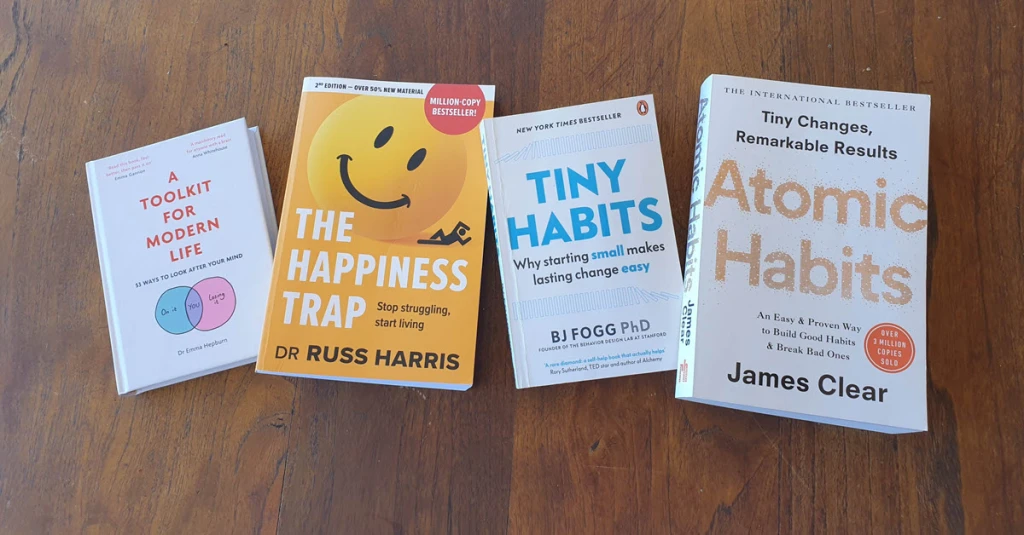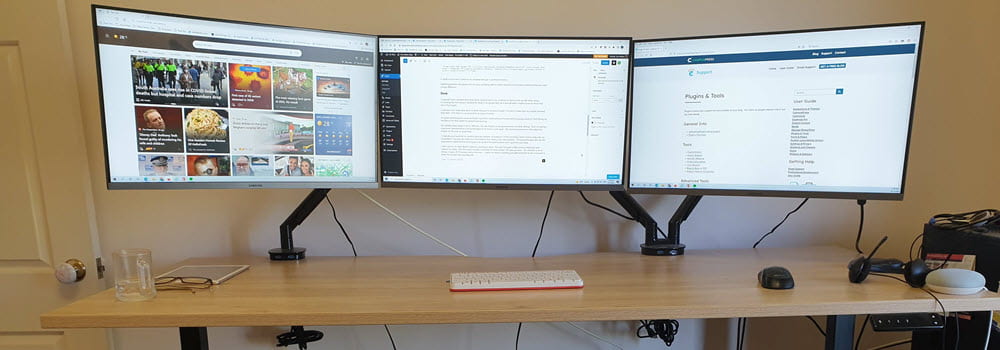Not sure which is funnier Stephen Downes creating a report card on individuals based on “their predictions from the 2007 eLearn Magazine’s annual round-up, and what actually happened”, Darren Draper taking Stephen’s findings one step further by doing a statistical analysis of the individuals to determine whether those that blog were more accurate with their predictions than the non-bloggers or me pondering about all this for several days. Obviously people will have varying feelings about grading predictions; check out Karl Kapp’s 2008 Predictions: The Pressures on! post and comments.
Does it matter if predictions are right or wrong? Well, I like Alan Levine’s reply to my questions on the accuracy of the Horizon report predictions “It is not about being right or wrong; but about having the conversations.”
So here are my thoughts for 2008 – they don’t fall in the category of predictions since they aren’t novel, a surprise, or unexpected – but are important to educators because they’re challenges most of us continue to face.
# 1 – Misunderstood
Many educators will choose to use technology with the students in stealth mode, within their own organisations, for fear of being ridiculed, misunderstood or told their wasting too much time using technology and not doing their job. My personal favourite was being told that the failing literacy and numeracy levels of students was directly correlated to my use of technology.
# 2 – Firewalls and Blocking
Inability to access web sites will continue to frustrate educators forcing them to use alternative options or encourage their students to access sites from home except for Australian students who may need to visit other countries to access websites if the Great Firewall of Australia is implemented.
# 3 – Bandwidth
For many educators lack of bandwidth will drive them insane; once again forcing them to encourage students to access sites from home. I can only hope that this will start to change in Australia, with our new Government, as it has one of the most slow, one of the most expensive broadband networks in the developed world however rolling out accessing high-speed national broadband network to educational institutions will take time.
#4 – Long Term Support
Organisations that develop strategies for long term support & reward of their educators, and recognise that it takes considerable time for their staff to progress from learning how to use a tool to being able to apply it’s use in an educational context, will be continue to achieve higher e-learning success than those that take an ad-hoc approach. From experience this support needs to be structured and scaffolded in terms of years, not weeks or days.
# 5 – Mobile Devices
While mobile devices will continue to proliferate, especially those able to access the mobile web, most educators will continue to be prevented from accessing their educational potential due to school or Government policies. Check out Ewan McIntosh’s thoughts on UK’s largest Teacher’s Union stance against mobile devices.
FINAL THOUGHT
If you are more interested in elearning predictions for 2008, not challenges, it is worth looking at Tony Karrer’s Ten Predictions for elearning 2008.
In terms of challenges us educators face – I am definitely bound to have missed key points! And it is highly probable challenges faced by educators in 2008 will be influenced by local conditions. What are your greatest challenges? What are your tips and advices for solving some of the challenges we face?
We should be having these conversations and helping one another!
And if you’re enjoying this blog, please consider subscribing for free.




Leave a comment